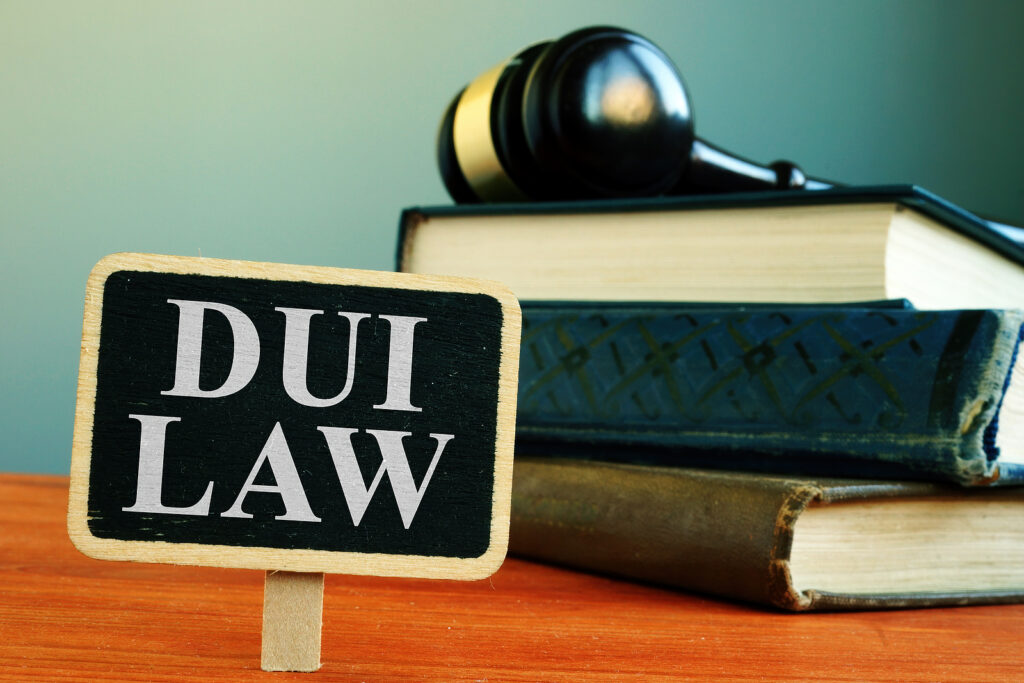
If you are arrested for a DWI (driving while intoxicated) in New York, you are at the beginning of a legal journey that may include a minimum 6-month license suspension, up to 1 year in jail, and a fine between $500 and $1,000. A first-offense is usually treated as a misdemeanor unless you had a child with you when you were pulled over, your DWI involved an accident that injured or killed someone, or you had a very high blood alcohol content (BAC) reading.
A DWI in New York is a serious charge. Beyond fines and prison time, DWIs can impact future employment and volunteer opportunities that involve driving, and your insurance rates, for years to come. DWIs and Driving While Ability Impaired (DWAI) convictions cannot be expunged or sealed.
Of course, it is always ideal to avoid criminal charges in the first place. However, if you are arrested, don’t make a second mistake and hope your charges simply go away. Your best chance to turn things around and take control of your situation and future is to contact an experienced and knowledgeable Brooklyn criminal defense lawyer.
What Does It Take to be Charged with DWI in New York?
For most drivers, you may be charged with a DWI if you have a blood alcohol content (BAC) over .08%. This is generally determined via a blood test. Commercial drivers in New York are held to higher standards. If you have a commercial driver’s license (CDL), you may be charged with DWI if you have a BAC over .04%.
Like many other states, New York has a Zero Tolerance Law, which means if you are not old enough to drink legally, it is illegal to drive with any amount of alcohol in your system. You can also be charged with DWI if you are impaired by drugs instead of alcohol.
Note: If your BAC is between .05 and .79, you may be charged with Driving While Ability Impaired (DWAI). Penalties for a DWAI may include a mandatory 90-day license suspension, up to 15 days in jail, and a fine of $300 to $500.
After a conviction, subsequent DWIs and DWAIs have even more repercussions and may lead to felony charges.
Do You Have To Take a Field Sobriety Test?
If you are pulled over and the officer suspects you may have been drinking, he or she may ask you to take a field sobriety test (FST). This consists of three parts: (1) the horizontal gaze nystagmus test, the walk-and-turn test, and the finger-to-nose test. These are not required to take. If you do refuse to take a breathalyzer test at the station, you will face criminal charges.
Get a Free Consultation for Your Criminal Case
At Bukh Law Firm, we know what you’re going through, and we know what’s ahead following a DWI arrest. You do not have to face your charges, or your future, alone, and you will very likely be able to achieve a much more positive outcome if you hire a knowledgeable and experienced DWI attorney.
If you have been arrested, contact our team for a free consultation today.
 info@bukhlaw.com
info@bukhlaw.com




